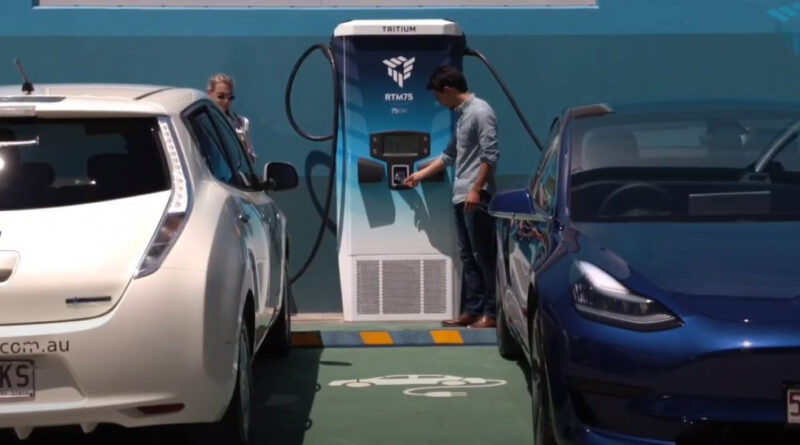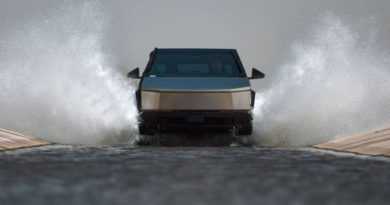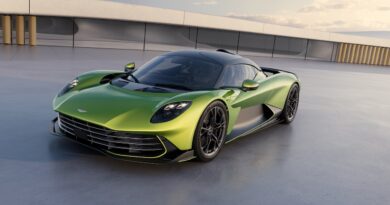Gold Coast to slug drivers $5 for 10 min EV charging
Gold Coast Council has unveiled 10 new EV chargers for the holiday strip, with the critical electric vehicle infrastructure to stretch from Coolangatta to Pimpama, and to open in the next 12 months.
But there is a catch. While plenty of public chargers, especially in Sydney, are free, the Gold Coast Council says EV drivers will be slugged $5 for every 10 minutes they’re connected.
The QLD Government and City of Gold Coast Council have each contributed $350,000 towards the project, with the per-min charge clearly intended to recoup some of those costs.
But how cheap and effective the chargers are depends entirely on the EV you’re driving. For some people, in fact, you can find yourself taking on as little as 15km in range after using them.
The chargers in question are Tritium RTM75 75kW chargers, each of which cost about $35,000, with the mayor suggesting EVs will take on 75km of range in just 10 minutes of charging.
“As the transition to electric vehicles begins to pick up pace, we have secured the most advanced DC fast chargers on the market,’’ says GC Mayor Tom Tate.
“The power used to charge vehicles at these stations will be offset by power generated by the City’s Virtual Power Plant, which harnesses solar energy from more than 47 City buildings.”
While the move is being rightly applauded as a key step to broader EV take-up, the Council’s decision to charge users on a time basis, rather than on the amount of electricity they use, does mean EV drivers will be getting vastly different levels of bang-for-buck when using the new network.
Vehicles that can take the full DC charge, like a Tesla Model 3, will end up paying about 40c per kWh, which is cheaper than the current pricing on the Tesla Supercharger network.
But if your vehicle isn’t set up for 75kW fast charging, then that price increases dramatically. In one extreme example, with a Mercedes A250e that’s fitted with the optional DC charging pack ($1490), which allows you to take on 24kW of charge, you’ll accrue a maximum 25km in range for your $5, and thus pay around $0.20c per kilometre for your travel.
Should public charging be free, timed, or charged on a per-kWh-used basis? Tell us below.





Nothing is free. Public charging is there to kick start private charge vendors or to fill gaps geographically where the private charge companies doen’t see enough return for investment. It’s perfectly reasonable to charge for this usage, BUT, it should be based on a KWh charge. That is the value being provide (the power) and it makes sense to charge a premium for it to recoup some investment. between 35c and 50c / kwh is sensible at the moment. The probability is that’s a 20c premium over the cost of the power provided. So the payback in very rough terms is 175,000 KWh of charging per unit which probably equates to about 3,888 sessions. Somewhere between 3 and 5 years